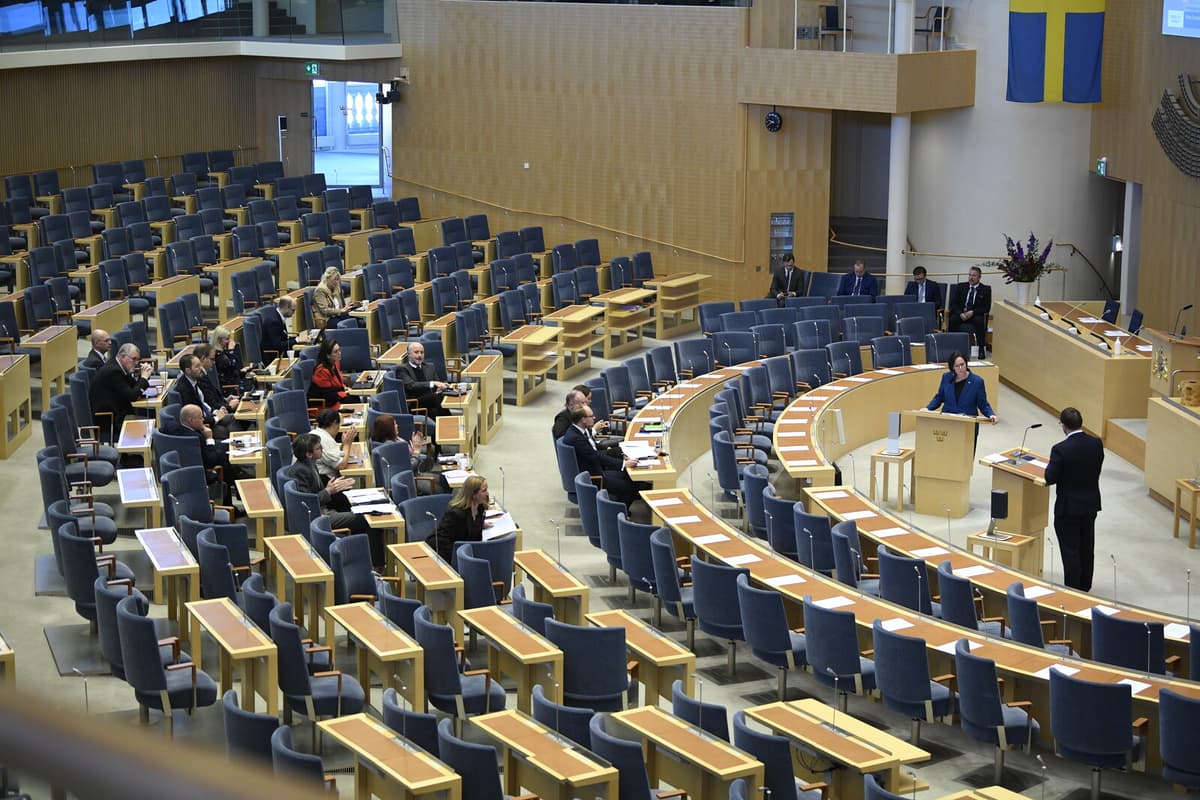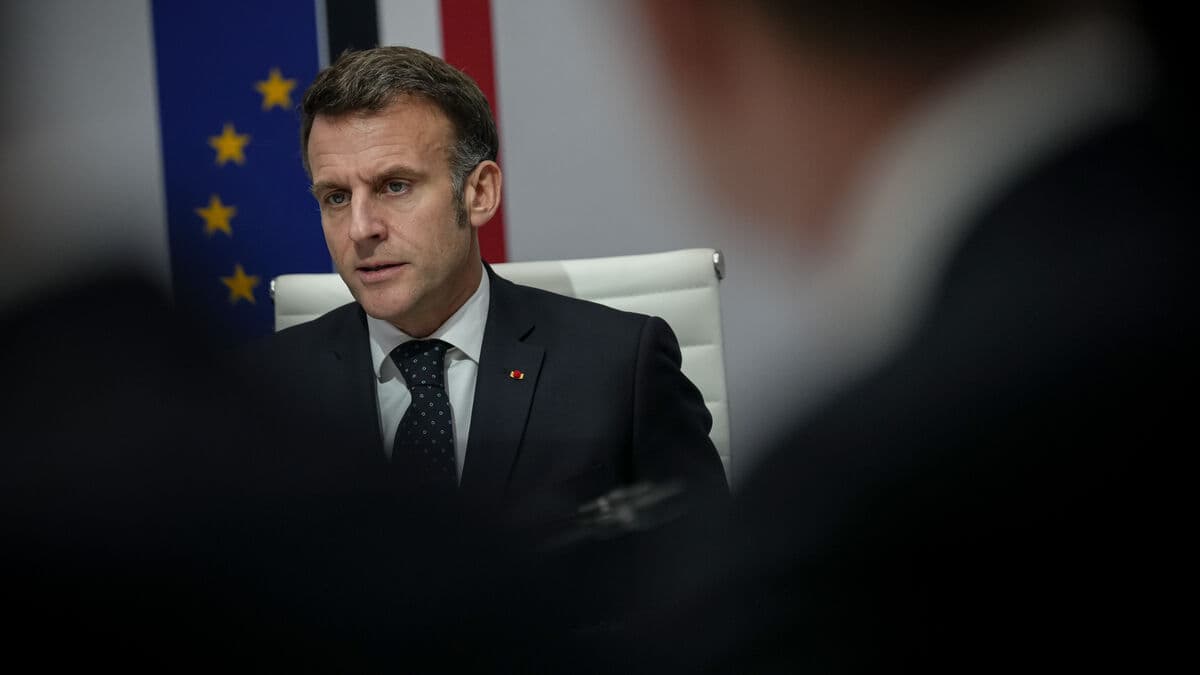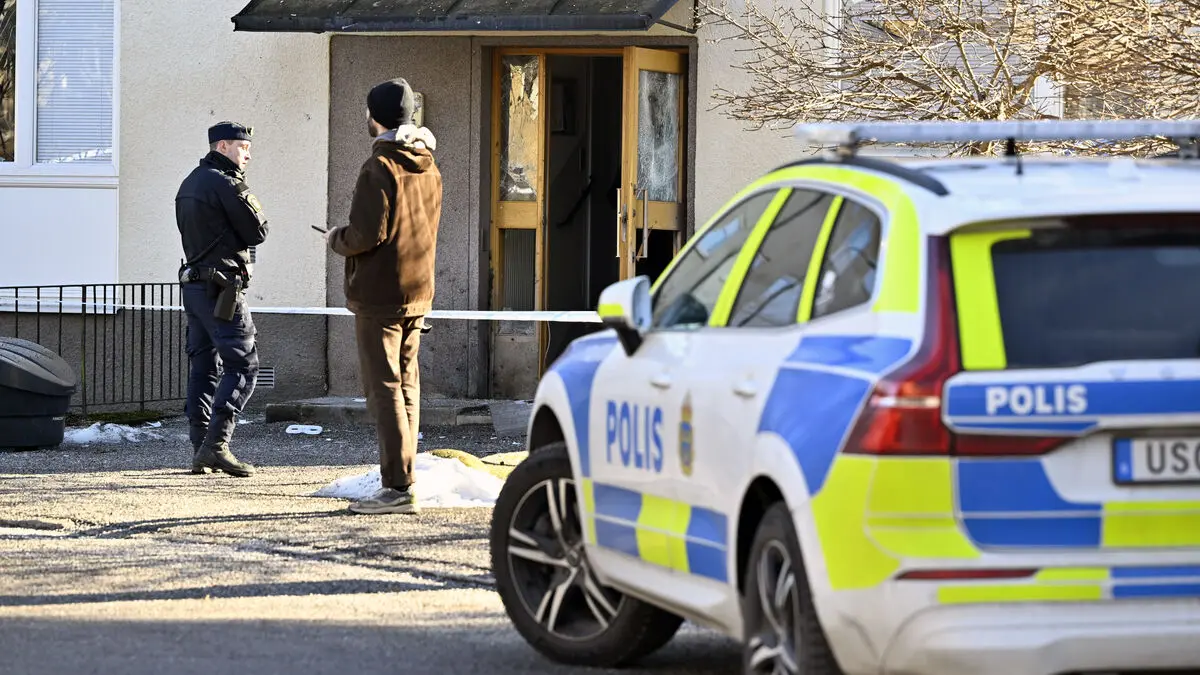Since 2012, the proportion of women in top positions in the Riksdag's committees has been 40-50 percent. However, after the 2022 election, the gender distribution has become strongly male-dominated, according to the SCB's gender equality report "On the subject of women and men".
"In the Riksdag, the gender distribution among committee chairs has been even for a long time, but is now uneven with 20 percent women and 80 percent men," says Anneli Åkerman, researcher in gender equality statistics at SCB.
There are 15 committees in Sweden that prepare decisions that the Riksdag then takes. The chairperson leads the work and has the casting vote in the event of a tied vote.
In Sweden's municipal councils, the proportion of women has been around 40 percent for 30 years.
"We see, however, that the number of municipalities with an even gender distribution in the council has decreased over time. In 2014, one-fifth of Sweden's municipalities had an uneven gender distribution, which increased to more than a quarter after the 2022 election," says Anneli Åkerman.
Women have lower salaries, income, and pensions. Women's salaries correspond to 90 percent of men's. Their income is 79 percent of men's, and their pensions correspond to 74 percent.
The distribution of taken parental leave days has become more unequal in the last two years. Women take around 60 percent of parental leave days and men barely 40.
Women are more parental leave than men. Last year, women accounted for 69 percent of parental leave and men for 31 percent. Both women and men, however, take out fewer parental days. Women's decreased by a total of 1.7 million days and men's by 300,000 last year. This has led to a slight equalization of the gender distribution.
Source: SCB's report "On the subject of women and men"






